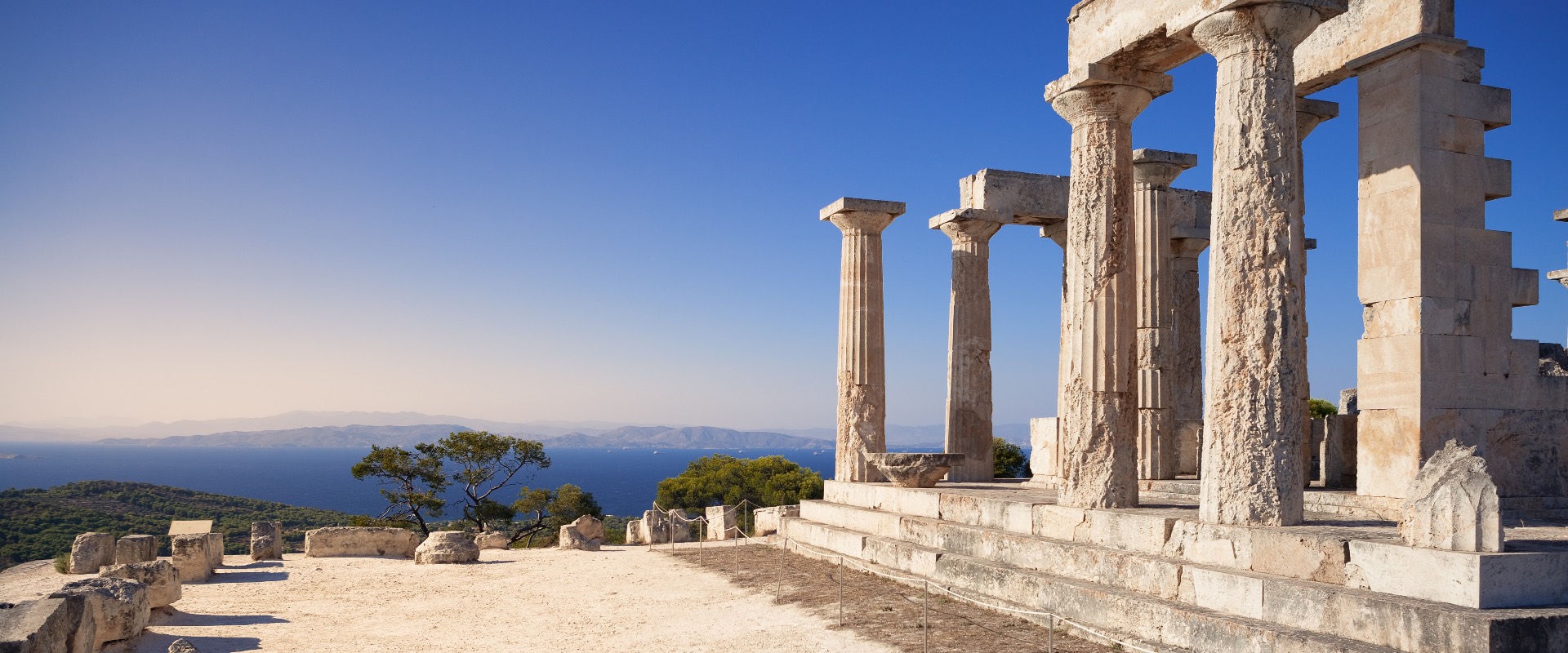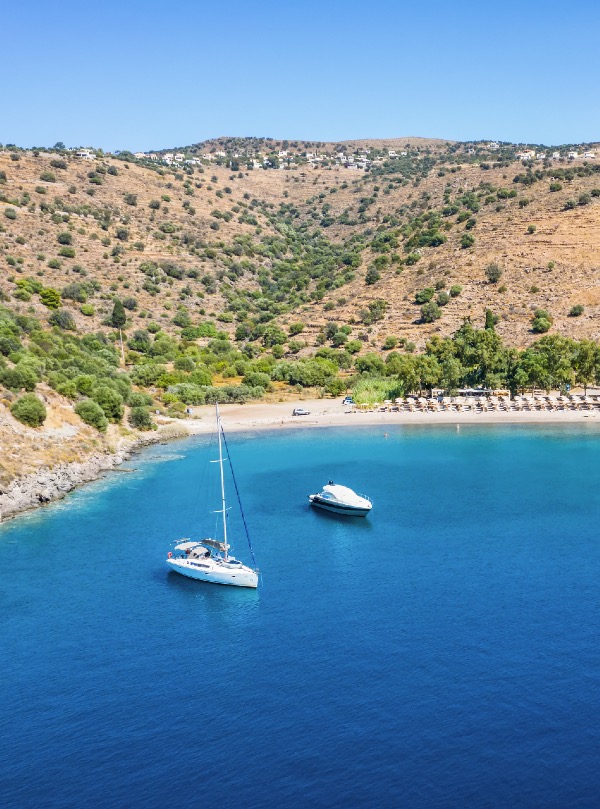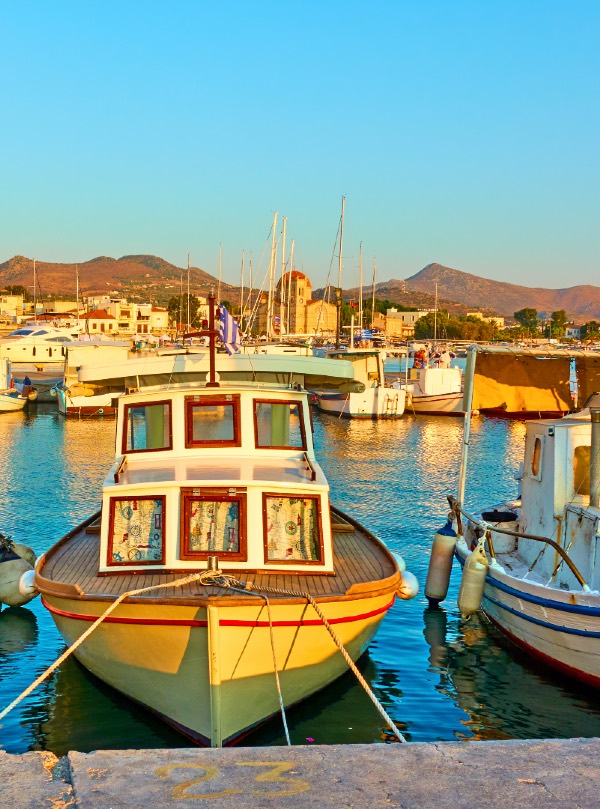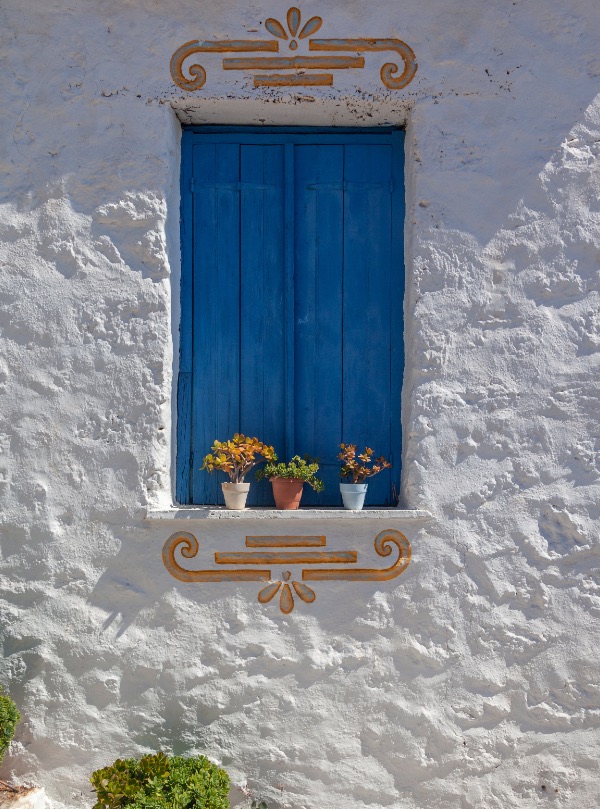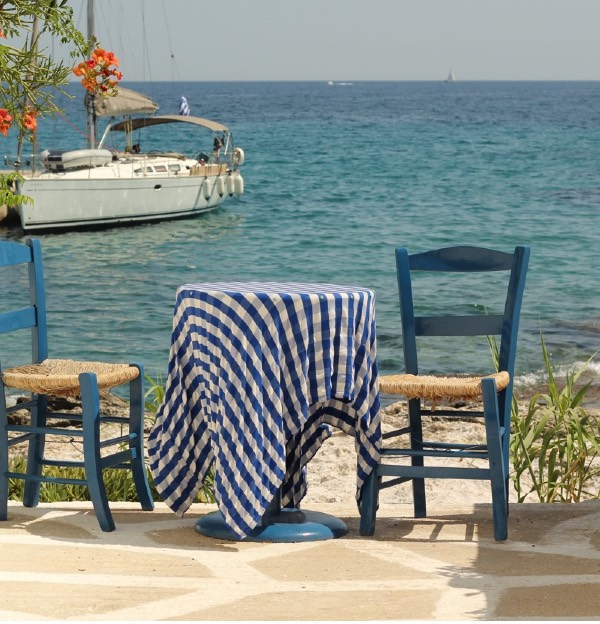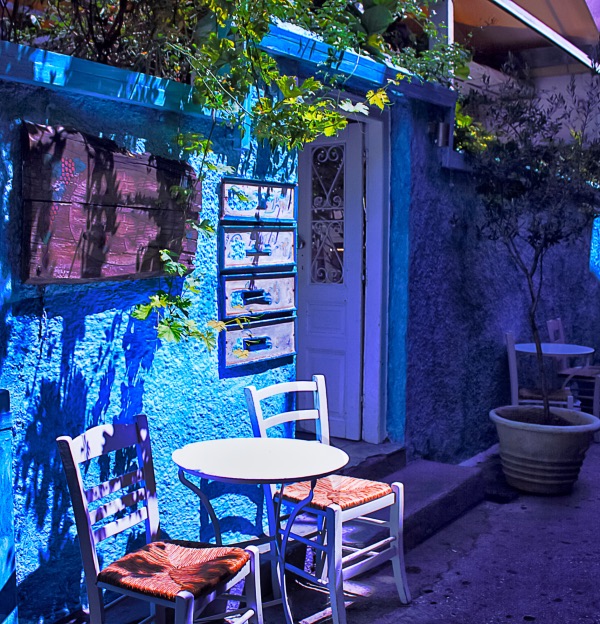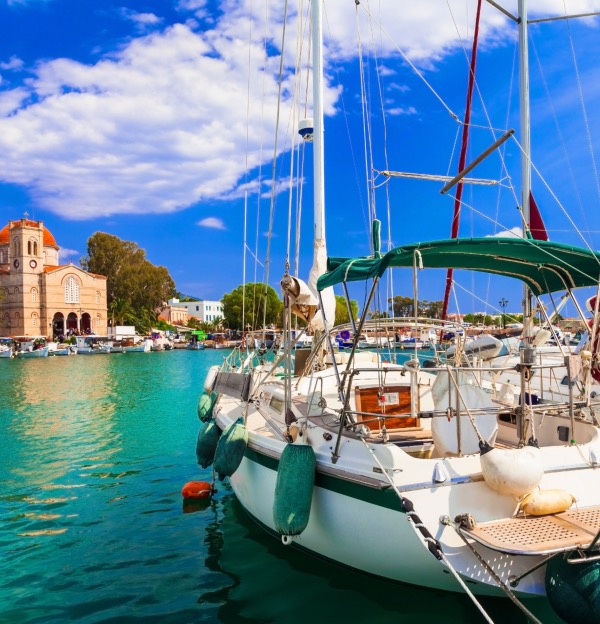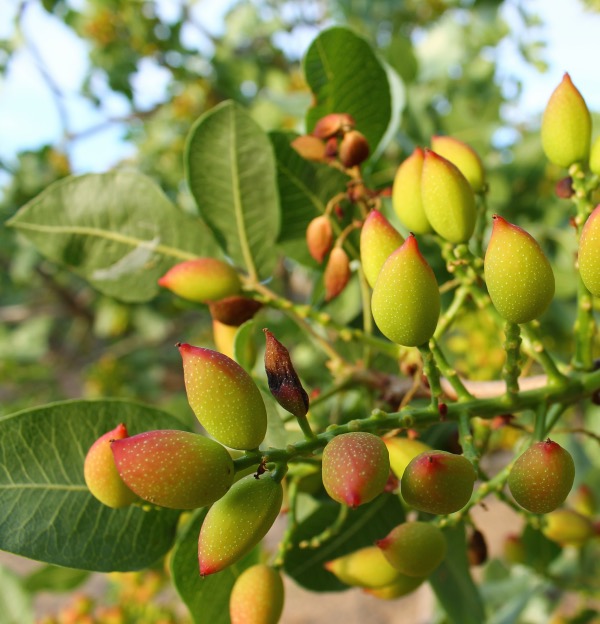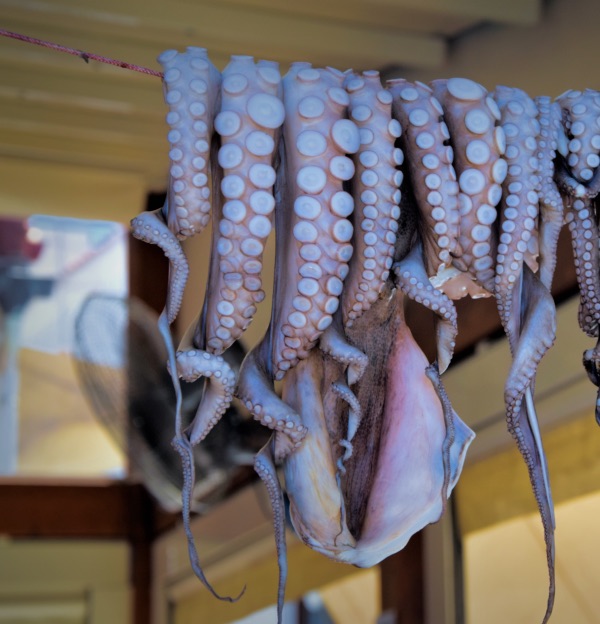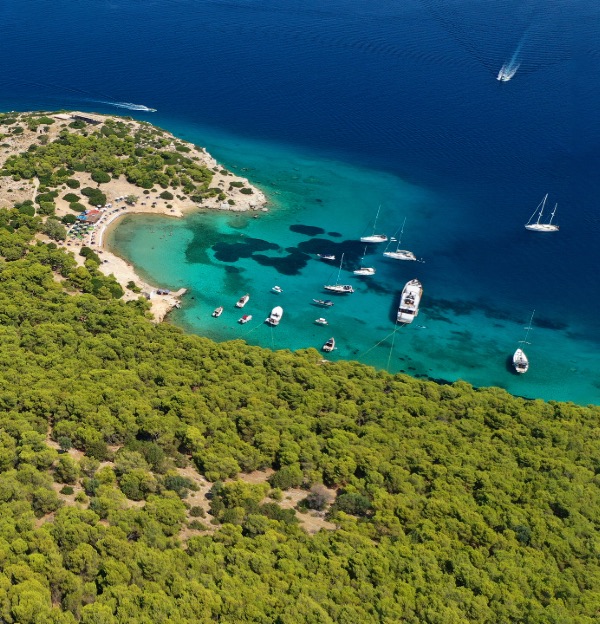Aegina Greece
Aegina is one of the Saronic Islands and one of a glorious historical past. The island was one of the most important ones in ancient Greece and took its name after Aegina, who gave birth to the son of Zeus, the hero Aeacus, the mythological king of the island. Aegina was a colony of Epidaurus. It is famous for the Aegina Treasure, an important Minoan gold hoard, as well as the Temple of Aphaea, dating back to the 6th century BC, a temple dedicated to a goddess who was later associated with Athena, that, along with the Parthenon and the Temple of Poseidon at Sounion, form the so-called “holy triangle”, an equilateral holy triangle of temples.
The island is also famous for its pistachio cultivation. The quality of “Fistiki Aeginis”, due to the special climatic conditions of the island (drought) as well as soil’s volcanic characteristics, is considered internationally excellent and is superior to several foreign varieties.
Aegina, an island of great significance, with elegant Neoclassical buildings, narrow alleys, a vibrant seafront walkway, and beautiful beaches, makes a perfect getaway for summer!
History
During the Classical times, the island was a major power in competition with Athens who, displeased by the great power of this little island, attacked in 459 BC, forcing Aegina to surrender its fleet. Since then, Aegina completely lost its hegemony and, except from another brief moment of glory when it became the capital of the partially liberated Greece (from 1827 to 1829), the island never recovered from the Athenian attack and remained in the shadow of Greece’s capital. The first Governor of Greece, Ioannis Kapodistrias, emphasized the care of the orphans who were from the war. For that reason, he built an Orphanage that also used to operate as a school. After many years the orphanage was being used as a prison. Aegina is also well-known thanks to the famous Greek writer, Nikos Kazantzakis, who loved the island and was living there when he wrote his world-known book Zorba the Greek. Another important personality of the island is Paul of Aegina, the Greek physician of the 7th century

